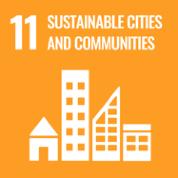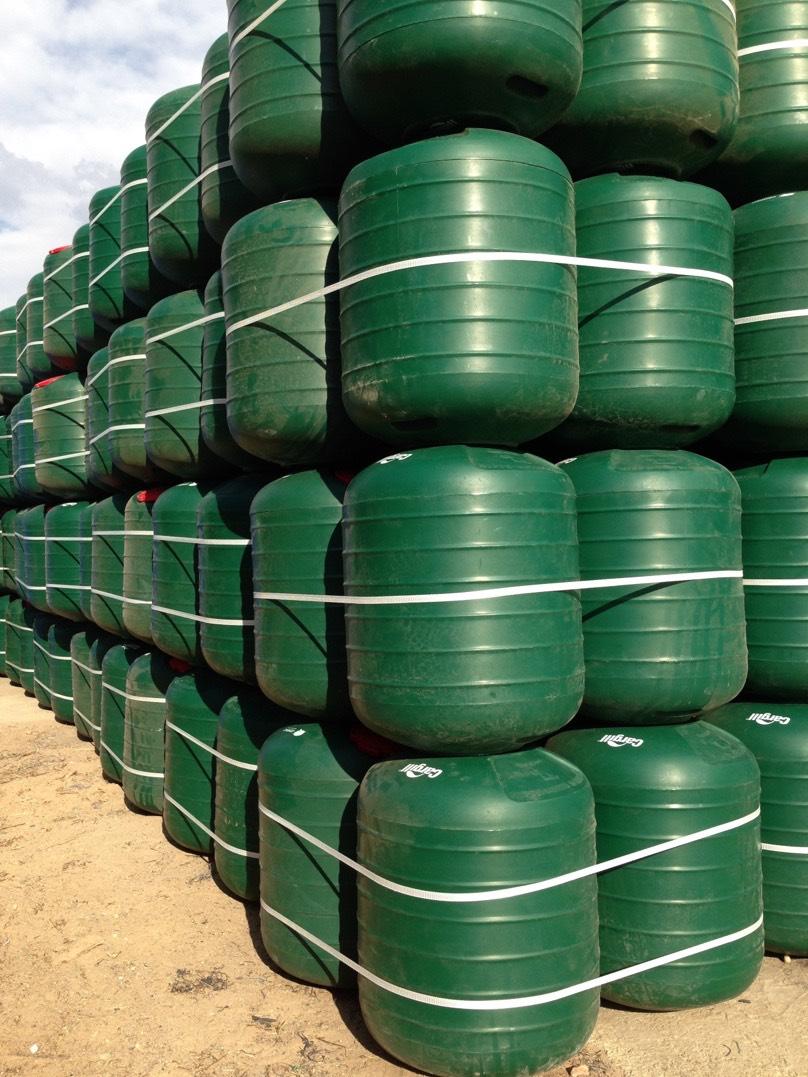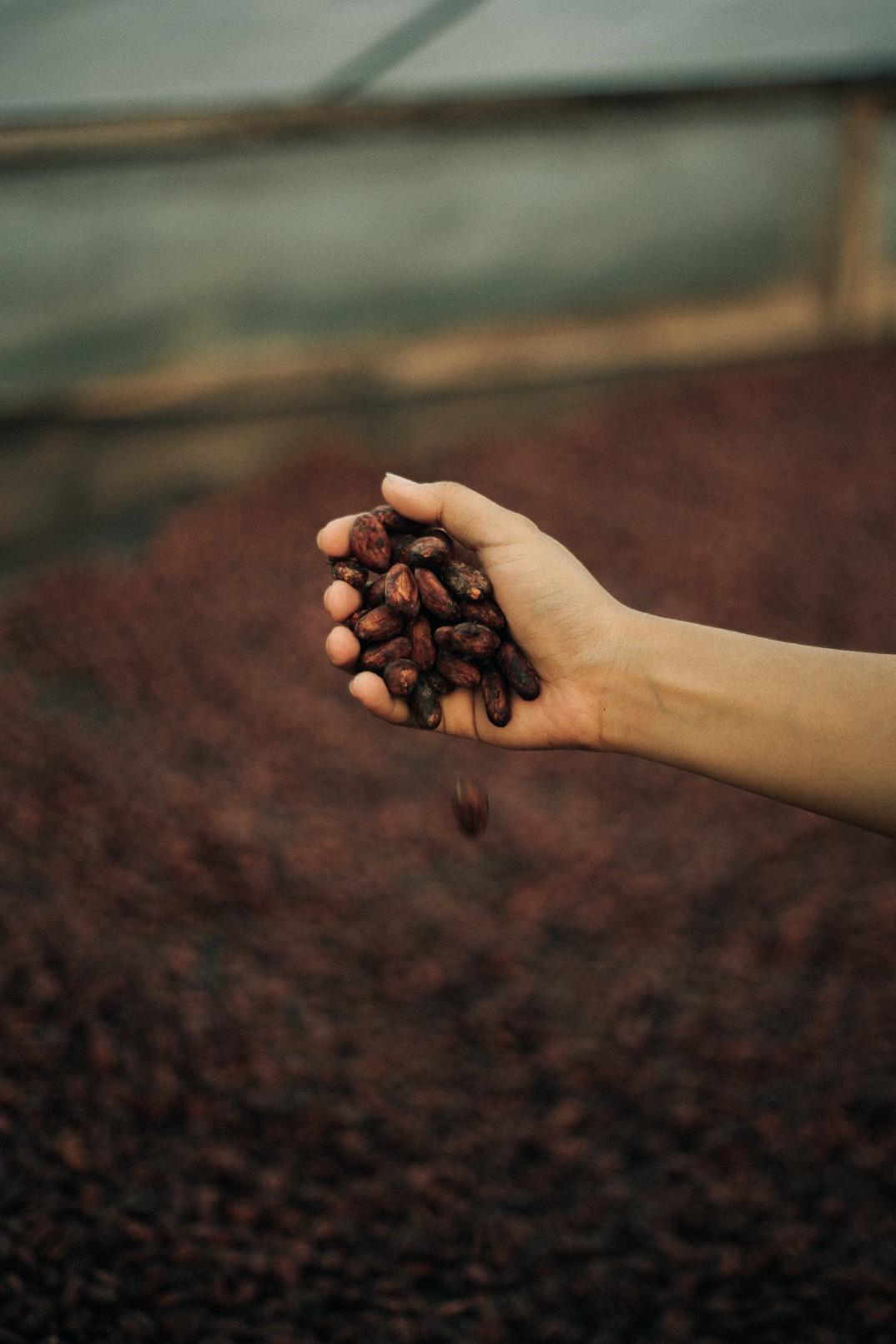




2.1 billion people are impacted by severe water scarcity. That’s 26% of the global population!
23 litres of water per day is needed to support the average family on the continent of Africa
733+ million people
live in countries with high and critical levels of water stress
For at least 2.1 billion people the quality of the water they depend on is unknown due to lack of monitoring
World Vision states that the average distance that communities walk for water in Africa (for agricultural or consumption purposes) is around 6 kilometres (3.7 miles). Women and children carry most of the burden, balancing heavy loads of water (about 23 litres) on their heads in many locations in the world.
Women and children spend 200 million hours every day collecting water.
Source: https://water.org/our-impact/water-crisis/womens-crisis/
In 24 African countries surveyed, women and children spend more than an hour every day fetching water, often multiple times a day. This task is gruelling, but labeled as a “low status job” and disproportionately falls on young women. 62% of the children surveyed collecting water were girls. Long walks to retrieve water can cause health risks, be punctuated by violence, and often prevents young women from pursuing schooling or jobs. Carrying heavy loads of water so frequently leads to musculoskeletal damage and early degeneration of bones and tissue. Most women carry around 23 litres of water a day. This can lead to headaches, issues with childbirth, and unnatural spine curvature.
When woman are business owners, communities thrive.
Source: https://producersmarket.com/blog/are-women-led-initiatives-the-key-to-flourishing-communities/
There are 114% more women entrepreneurs than there were 20 years ago.
Source: https://www.fundera.com/resources/women-owned-business-statistics

1.6 billion people
will lack safely managed drinking water


2.8 billion people

1.9 billion people
will lack safely managed sanitation will lack basic hand hygiene facilities
These problems are recognised by the UN and form part of their SDG priorities.

















Source: https://sdgs.un.org/goals
GLOBAL COVERAGE OF DRINKING WATER, HYGIENE SERVICES AND SANITATION, 2015-2020, AND ACCELERATION REQUIRED TO ACHIEVE UNIVERSAL COVERAGE BY 2030

Achieving these targets would save 829,000 lives annually. This is the number of people who currently die each year from diseases directly attributable to lack of water, unsafe water, inadequate sanitation and poor hygiene practices.
Source: https://unstats.un.org/sdgs/report/2022/The-Sustainable-Development-Goals-Report-2022.pdf
BASIC & ESSENTIAL NEEDS MUST BE MET
It all starts with access to clean water and a way to get it home. Water is life.
CITIZEN HEALTH & NOURISHMENT
Communities must have safe drinking water and the ability to grow their own food and produce crops to sell.

ECONOMIC
TRANSFORMATION
Empowering women and girls in these communities to become business owners will lead to economic well being.



The 2030 Agenda for Sustainable Development is to improve the quality of lives of all citizens and build a prosperous nation. This entails creating opportunities for all Ghanaians; safeguarding the natural environment and ensuring a resilient built environment.
Economic ‐ Build a strong and resilient economy, modernise agriculture, grow industry through the development of the private sector and support for entrepreneurship amongst women and the youth. (SDGs 2, 8, 9)
Social - Eliminate poverty and hunger, reduce social exclusion and inequalities. Develop human and social capital through access to education, skills training, comprehensive healthcare and better nutrition. (SDGs 1, 2, 3, 4, 5, 10)
Environmental ‐ Safeguard the natural environment and ensure a resilient built environment. Increase the available water resources and achieve high water quality.
(SDGs 6, 7, 11, 12, 13, 14, 15)
Institutional – The fourth pillar for sustainability is recognition of the important role that strong and efficient institutions play in delivering sustainable development outcomes.
(SDGs 16)
Source: https://sustainabledevelopment.un.org/content/ documents/23420Ghanas_VNR_report_Final.pdf



DEVELOPMENT OF HUMAN AND SOCIAL CAPITAL


COOP Academy
Create more ethical, sustainable cocoa bean production in Ghana



COCOA BEAN PRODUCTION AS A MEANS TO UPLIFT COMMUNITIES

Encourage more women to become independent cocoa bean producers


Facilitate humane water portability
Increase cocoa bean productivity with improved porting technology






1,038 Hippo Rollers Deployed
7,266 people directly affected
93,420 litres of water per day


Cargill identified the Hippo Roller as an effective technology and deployed 660 Hippo Rollers, helping farmers to be more efficient by carrying five times the amount of water with ease from their wells to their crops and improving access to water for their families.
It's called the Hippo Roller because of its thick, rugged ‘skin’, round ‘belly’ & because it loves being around water.

Hippo Roller collaborated with Brendon de Boer deploying 63 Hippo Rollers to farmers and their families. Directly benefitting about 350 people with improved access to water in the "Cargill Village".
Hippo Roller and Cargill deployed 200 Hippo Rollers that vastly improved the farmers’ efficiency and stimulated an increase in their production rates. We worked together with smallholder farmers and commercial partners to help this community and others in Mozambique thrive.
Hippo Roller and Cargill identified and deployed Hippo Rollers to 115 beneficiaries through the YouthZones Initiative.







MORE TIME DIGNITY RESTORED OPPORTUNITY
to focus on education, productivity, work, and play through improved health, hygiene and poverty alleviation for people who are unfairly afflicted by water scarcity to empower themselves



“Universal access to basic water and sanitation would result in $18.5 billion in economic benefits each year from avoided deaths alone.”
Source: https://water.org/our-impact/water-crisis/




…and equal opportunity for all communities to participate in cocoa production.



Hippo Roller impacts 11 of the 17 United Nations SDGs, with the intention of creating a better Ghana by 2030.



56 countries
65,000+ Hippo Rollers distributedworld-wide
650,000+ directly benfited and sharedwith many more 75% time saved collecting water
3 billion litres transported a year

23 litres of water a day. A 90 litre Hippo Roller can give them as much as 3 days of water - a massive improvement on long, daily trips with traditional smaller containers that are often contaminated and difficult to clean. An average family uses





• Educate women on being independent cocoa bean producers.
• Deploy Hippo Rollers with cocoa seeds, agricultural tools, water drip systems, fertilisers and educational materials, giving women the ability to be self employed and grow cocoa beans to sell to Cargill in an ethical and sustainable way.
• Use our Esri and GIS technology to tell a story of sustainability and ethical cocoa bean production supported by Cargill in Ghana.
• Increase water access for families, giving them more time to focus on their education and more time to increase productivity.
• Cargill co-branding on Hippo Rollers enabling communities to engage with Cargill in a meaningful way every single day.
• ArcGIS StoryMaps for each Cargill deployment on the Hippo Hub
• Digital collateral from deployments (videos, photos, interviews)
• A social media campaign created from the collateral, and crafted for Cargill's online platforms specifically with a full roll-out strategy. This could be implemented and run by Cargill internally or by Hippo Roller on Cargill’s behalf.
• Feature on the Hippo Roller partner page.
• Integration with the Cargill GPS polygon mapping and electronic bean tracking system to tell the story of how Cargill supports ethical agriculture and sway public perceptions to the positive.


• Cargill and Hippo Roller will collaborate with the award-winning producers at The Documentary Group to create an inspiring, stylish and highly-shareable short documentary film that advocates for the transformative power of the Hippo Roller, particularly as a tool that can empower women and children.
• The film will become a core tool in a larger impact campaign to be shared widely through social media, including on Cargill's and Hippo Roller's online platforms; by NGOs and governments; and by brand-aligned influencers.
• The documentary will showcase stories of Ghanian women who have been empowered through cocoa production and feature Cargill-branded Hippo Rollers, expanding awareness of the Hope Bean Dignity Initiative and increasing brand visibility and positive brand perception for Cargill both inside and outside of Ghana.
• Two-time Academy Award-nominated documentary production company
• Strong track record of executing high-impact storytelling, including the groundbreaking film and social action campaign GIRL RISING, as well as brand-aligned storytelling, including MISSION
POSSIBLE: THE RACE FOR THE VACCINE for Nat Geo and Pfizer and THE AGE OF AEROSPACE for Discovery and Boeing.
• Founded by award-winning producer Tom Yellin, who will Executive Produce this film.


"In our view, a well-made documentary film—especially one with a compelling narrative and well-crafted outreach plan, can serve as a catalyst to change minds, encourage viewers to alter entrenched behaviors and start, inform or re-energize social movements."
-The Fledgling Fund




• Align the beans produced by Hippo Roller farmers with the current Cargill UTZ certification initiative by creating a sub-brand called the Hope Bean
• Through the combined efforts of Hippo Roller and Cargill change public perception around cocoa production in Ghana using an electronic bean tracking system, our GIS story maps and by telling these stories on the right platforms (ie. Social Media), these beans will represent the pinnacle of ethical cocoa bean production and become the preferred beans for purchasers of cocoa world-wide
• Development of the Hope Bean Badge: This emblem becomes a must for consumers to see on packaging - just like the “vegan/ sustainable/organic/cruelty free” claims on most food products today and will drive preference
Community
• Job creation & easy water access for communities
• New business opportunities for individuals as cocoa producers
• Financial independence and economic growth for communities
• Immediate and long term water safety and portability
• Freedom to spend time furthering education and upliftment Brand
• Immediate boost in cocoa production at ethical price-points for Cargill
• Increased positive brand perception in cocoa production
• Cargill becoming a local hero by offering appropriate technology that improves the lifestyle of rural communities immediately

Develop a custom Cargill simple net basket that hangs on the stainless steel handle for the operator to carry tools and over-sized cocoa pods that may not fit through the drum opening.

• Licensed Buying Company (LBC)
• Cargill Coop Academy
• Farmer Field Schools

• Sustainability cash premiums
• Certified Sustainable cocoa
• PROSPER project (Prosperous Communities)
• Cargill cocoa bean promise
• Partnerships with state agencies such as COCOBOD, CARE International and Safe Water Ghana









• Hippo Roller deployments
• Education
• Water and Cocoa bean portability
• Brand love built through real-world help and brand visibility in communities in need of water
• Water access greatly increased
• An innovative idea for women empowerment
To grow the independent cocoa industry as a whole we need to bring water and portability to each and every community member, increasing productivity and health one Hippo Roller at a time.
• Licensed Buying Company (LBC)
• Cargill Coop Academy
• Farmer Field Schools





• Sustainability cash premiums
• Certified Sustainable cocoa
• PROSPER project (Prosperous Communities)
• Cargill cocoa bean promise
• Partnerships with state agencies such as COCOBOD, CARE International and Safe Water Ghana



“We are committed to ensuring


• Hippo Roller deployments
• Education

, EVERYWHERE WE ROLL
• Water and Cocoa bean portability
• Brand love built through real-world help and brand visibility in communities in need of water
• Water access greatly increased
• An innovative idea for women empowerment
To grow the independent cocoa industry as a whole we need to bring water and portability to each and every community member, increasing productivity and health one Hippo Roller at a time.

Source: https://www.cargill.com/sustainability/cocoa/cocoa-sustainability-timeline


• Build a Hippo Roller production facility in Ghana to reduce import costs
• Create new work opportunities and skills for the community
• Potential for exporting Hippo Rollers to neighbouring countries
"We will outsource to an existing rotomoulder and take our moulds across to train their staff to make the drum only according to our specifications. All other components will be imported for final assembly and distribution."
-Grant Gibbs

• There are no long-term project requirements to be achieved before cocoa bean farmers are able to increase productivity - the benefit is immediate
• Develop a trial and custom deployment plan for Cargill
• Please visit https://www.hipporollerusa.org for more information



Grant Gibbs: grant.gibbs@hipporoller.org Scotty Westgaard: scotty@hipporollerusa.org

“It is in your hands, to make a better world for all who live in it.”
Nelson Mandela